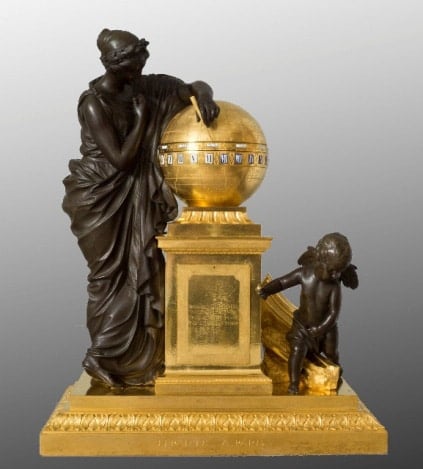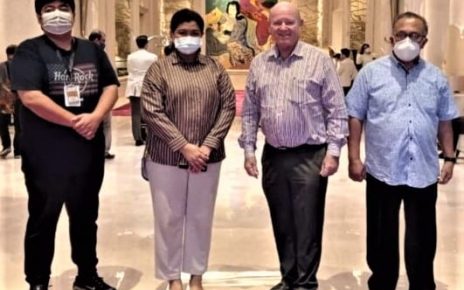“The instant and eternity. Between us and the ancients” exhibition explores in unexpected ways our complex relationship with the ancients.
The exhibition presents about 300 exceptional pieces including Greek, Roman, Etruscan, and Italic, as well as medieval, modern, and contemporary works.
For the occasion, some of the Great Halls of the Baths of Diocletian are reopening to the public after decades of being closed. When open it hosted the Archaeological Exhibition in 1911 as part of the celebrations for the first fiftieth anniversary of the Unification of Italy and which still today preserves part of the historical setting of the fifties.
The exhibition, which can be visited until July 30, 2023, is promoted by the Italian Ministry of Culture and the Greek Ministry of Culture and Sport and testifies to the centrality and importance of the collaboration between the two states.
The exhibition event, organized by the General Directorate of Museums and the National Roman Museum in collaboration with Electa, is conceived and curated by Massimo Osanna, Stéphane Verger, Maria Luisa Catoni, and Demetrios Athanasoulis, with the support of the Archaeological Park of Pompeii and the participation of the IMT High Studies School Lucca and the Southern High School. There are 5 sections of the exhibition, each set up in one of the Great Halls of the Baths of Diocletian.
Room I – The eternity of an instant
It opens with the cast of 2 anonymous victims of the Vesuvius eruption that archeology has given us as eternally immobilized in the instant of death. Around them, on the other hand, various popular and cultured forms of modern reinterpretation of the ancient are presented.
Room II – The eternal fame of heroes
Explore the forms of ancient cultural transmission and tradition through art and literature.
Room III – The order of the cosmos
A first journey towards eternity ends from myth to ancient representations of space and time, which take the form of divinities, personifications, and abstract entities that have given rise to our spatial and temporal categories.
Room IV – The works and the days
The second part of the itinerary illustrates the intimate relationship of identification which, despite the cultural and temporal distance that separates us from the ancients, makes them very close to us every time we identify the events of their lives with ours. This section reconstructs, through a series of spectacular recent discoveries, important moments of social life, both in the home and in the city, marked by private and public rituals.
Room V – Divine humans
Antiquity has handed down an inexhaustible variety of ways of representing the individual, from the powerful Neolithic stele-statues to refined classical and Hellenistic compositions. The visitor is accompanied on this journey of discovery and comparison by some extraordinarily representative works, coming not only from the main Italian museums within the National Museum System coordinated by the General Directorate of Museums, but also from very important institutions in Greece.
Many of the works on display are presented to the public for the first time.
There are new discoveries, such as the ceremonial chariot from Civita Giuliana and the statue of Hercules from the Appia Antica Archaeological Park; new acquisitions, such as the Tabula Chigi press release from the Roman National Museum; and above all, numerous masterpieces usually kept in the deposits of museums in Italy and Greece, such as the statue of Santorini.
The exhibition thus represents a further opportunity for the (Re)discovered Deposits project, conceived and promoted by the National Roman Museum, allowing not only to continue the initiative, but also to increase it with the creation of new exhibition stages in the institutes of the Regional Directorate Lazio museums in Nemi and Sperlonga.
All the themes of the exhibition are retraced and explored in the numerous essays published in the catalog published by Electa. On the institutional website of the National Roman Museum there are texts in facilitated language created by the Educational Service of the MNR, specifically dedicated to people with cognitive disabilities and their caregivers, to allow preparation for the visit and facilitate understanding of the exhibition path to this public with special needs.




